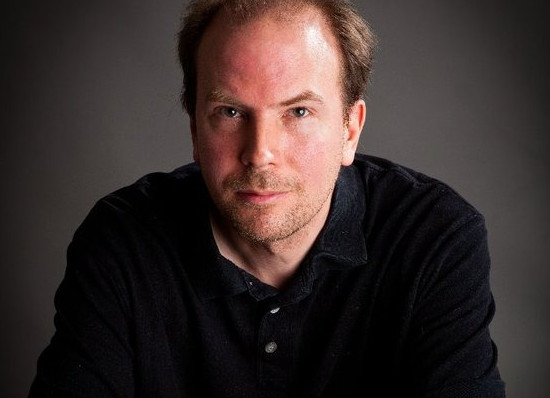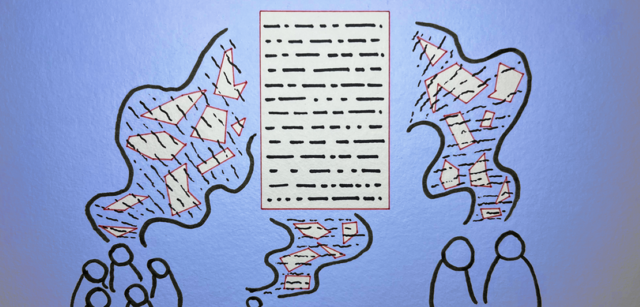< Back to news 


March 21, 2023
Artworks created by AI are considered less creative
The anthropocentric worldview and the perception of creativity in AI-generated art: A study at the Vrije Universiteit Amsterdam.
A recent study at VU University Amsterdam shows that people rate artworks produced by artificial intelligence (AI) as less impressive and creative than artworks created by humans. This is especially true for people who consider creativity an exclusively human trait, suggesting that this disparagement of AI-generated art is related to an anthropocentric worldview. Participants in the study rated artworks labelled 'AI' as less creative than artworks labelled 'human', regardless of content. These findings point to a human need to maintain an anthropocentric worldview as it comes under pressure from recent AI developments.
Vergelijkbaar >
Similar news items

August 22
AI outwrites bestselling fantasy authors in short story challenge
A writing contest between humans and machines ended with a surprise: the top-rated story was written by AI, much to the dismay of fantasy author Mark Lawrence.
read more >

August 22
AI assistance may reduce doctors’ diagnostic sharpness
Doctors who rely on AI may become less accurate at spotting early signs of illness. New research highlights the risk of “deskilling” in medical AI use.
read more >

August 22
AI supports more diverse news exposure and healthier public debate
News sites often show content that confirms what you already believe. AI can help surface alternative perspectives, and strengthen public debate.
read more >